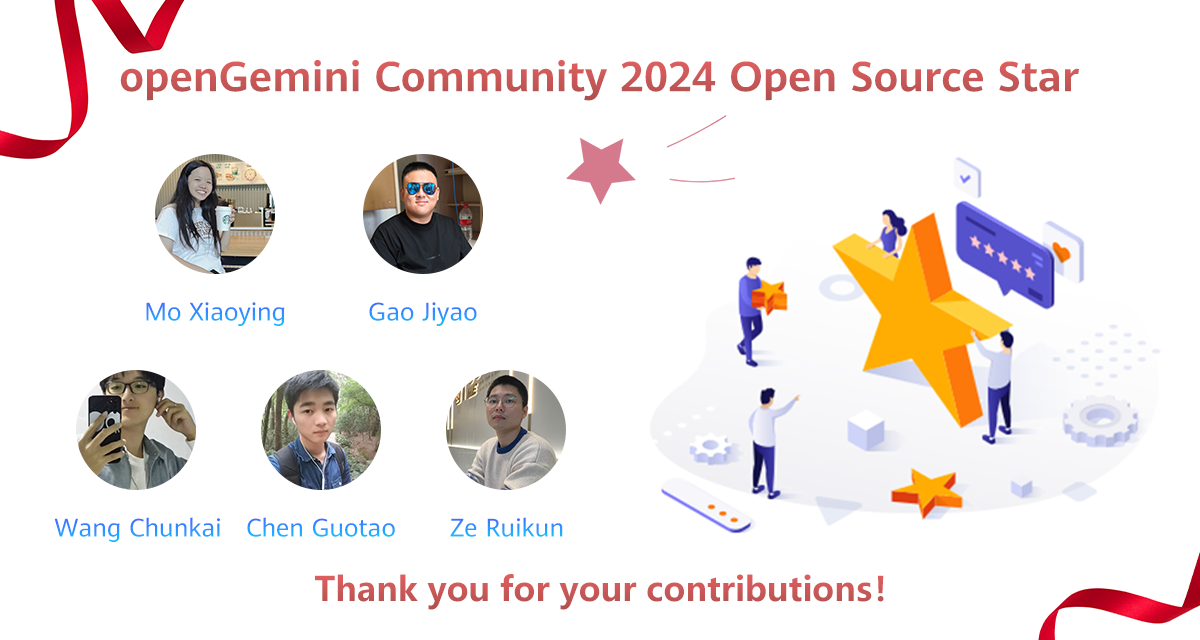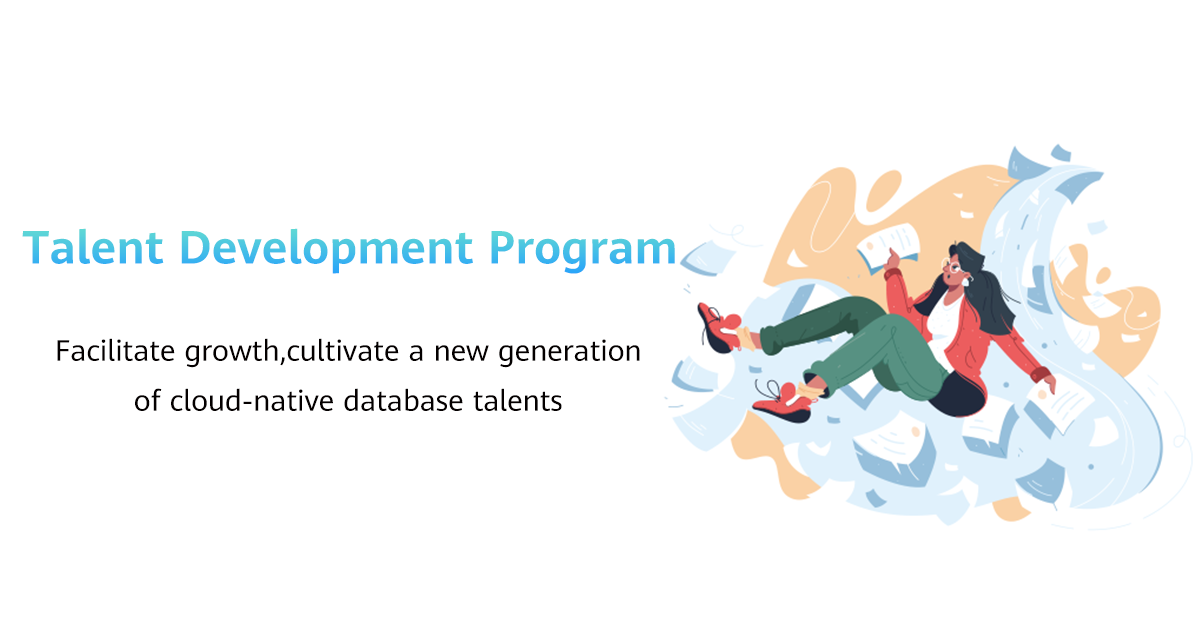Observability
Collecting and analyzing observability data to troubleshoot the system
A time-series database for observability, focusing on the storage and analysis of massive data.




Store and query data quickly and efficiently with automatic partitioning, LSM-based storage techniques, and better data process engineering
Adopting MPP architecture, support distributed cluster deployment and can be flexibly expanded as business grows to meet higher load requirements
A new high cardinality storage engine solves problems such as excessive index memory usage and low read and write performance
Metrics, Logs and Traces can be stored in openGemini,provide a basis for data association analysis
Scure and stable, simple architecture, quick deployment and no third-party dependencies
Data is stored in column format, and different data types use dedicated data compression algorithms. The data compression ratio is as high as 15:1 or higher
Collecting and analyzing observability data to troubleshoot the system
High-performance write data, more than 5x the write performance of InfluxDB. High-performance query data, especially when the query condition contains multiple tags. Distributed cluster, extended as required as possible.
Collecting and analyzing observability data to troubleshoot the system
High-performance write data, more than 5x the write performance of InfluxDB. High-performance query data, especially when the query condition contains multiple tags. Distributed cluster, extended as required as possible.
Welcome openGemini‘s New Committer Weiping Wang
On July 9, 2024, the Cloud Native Computing Foundation (CNCF) officially accepted the cloud-native high-performance time-series database project openGemini.
What exciting new features does openGemini v1.3.0 have?
The topic of openGemini has successfully distinguished itself, offering developers profound insights and inspiration.
Gemini is open source.Star our GitHub repo,follow us on Twitter,and join our developer community on Slack
We look forward to working with more enterprises, universities and developers to jointly promote technological innovation